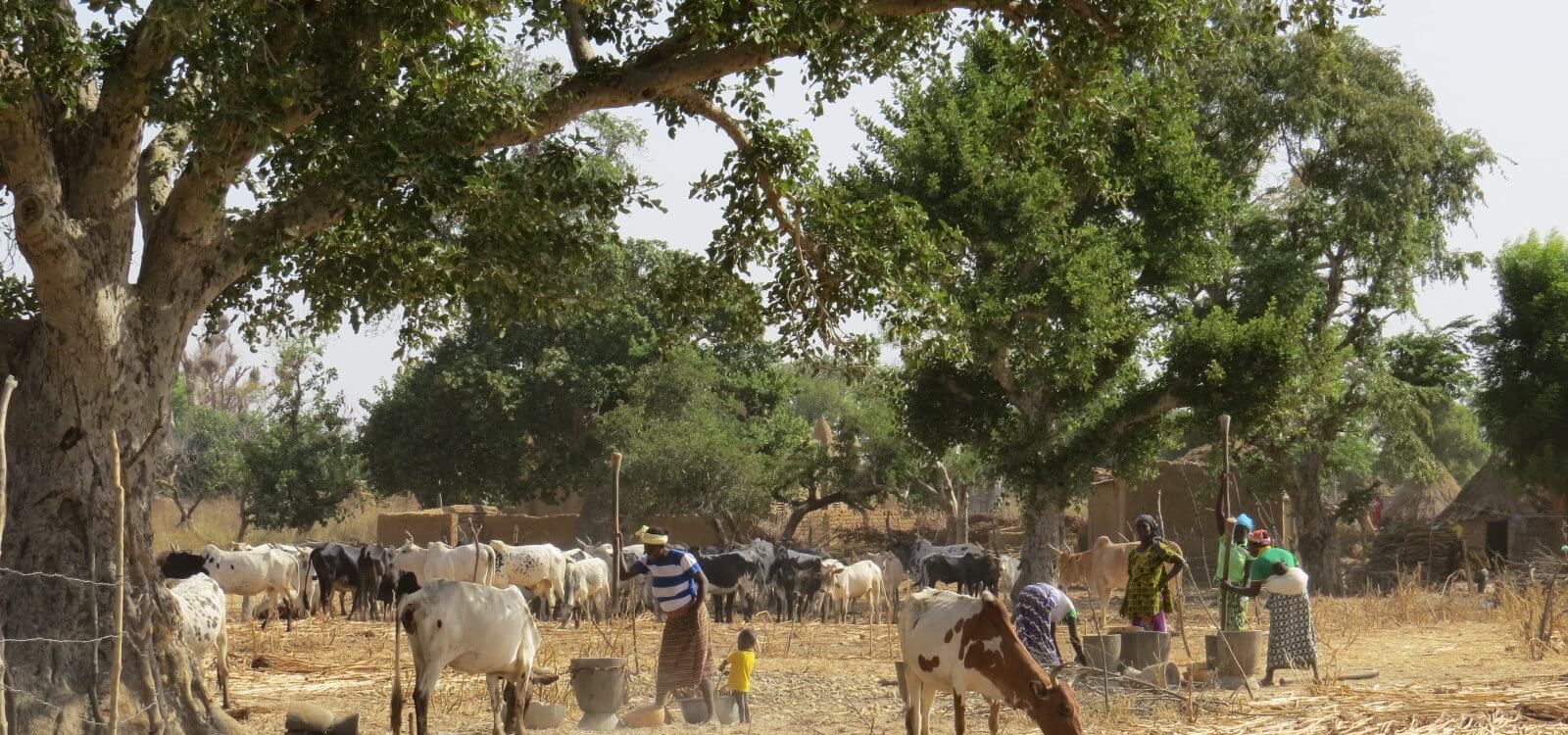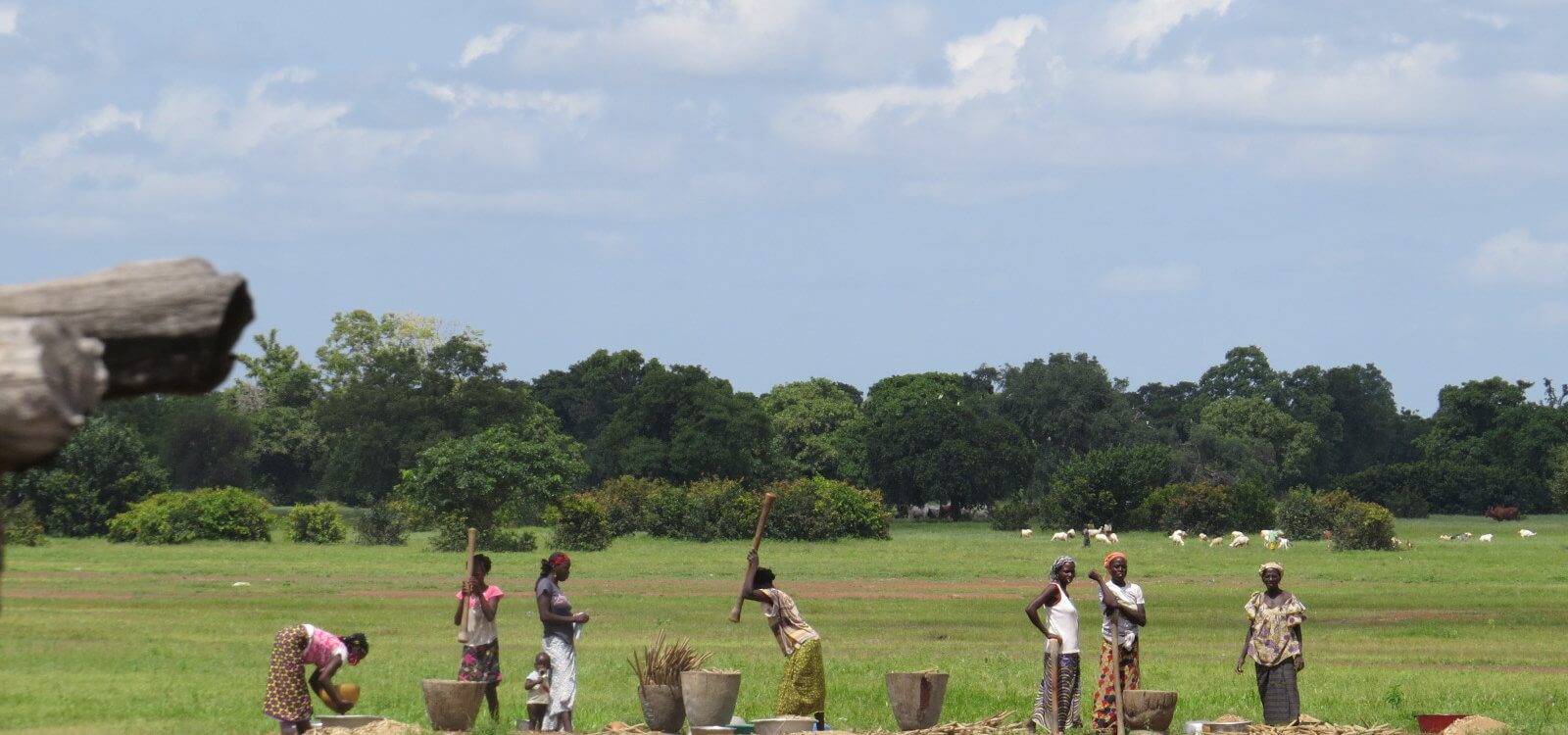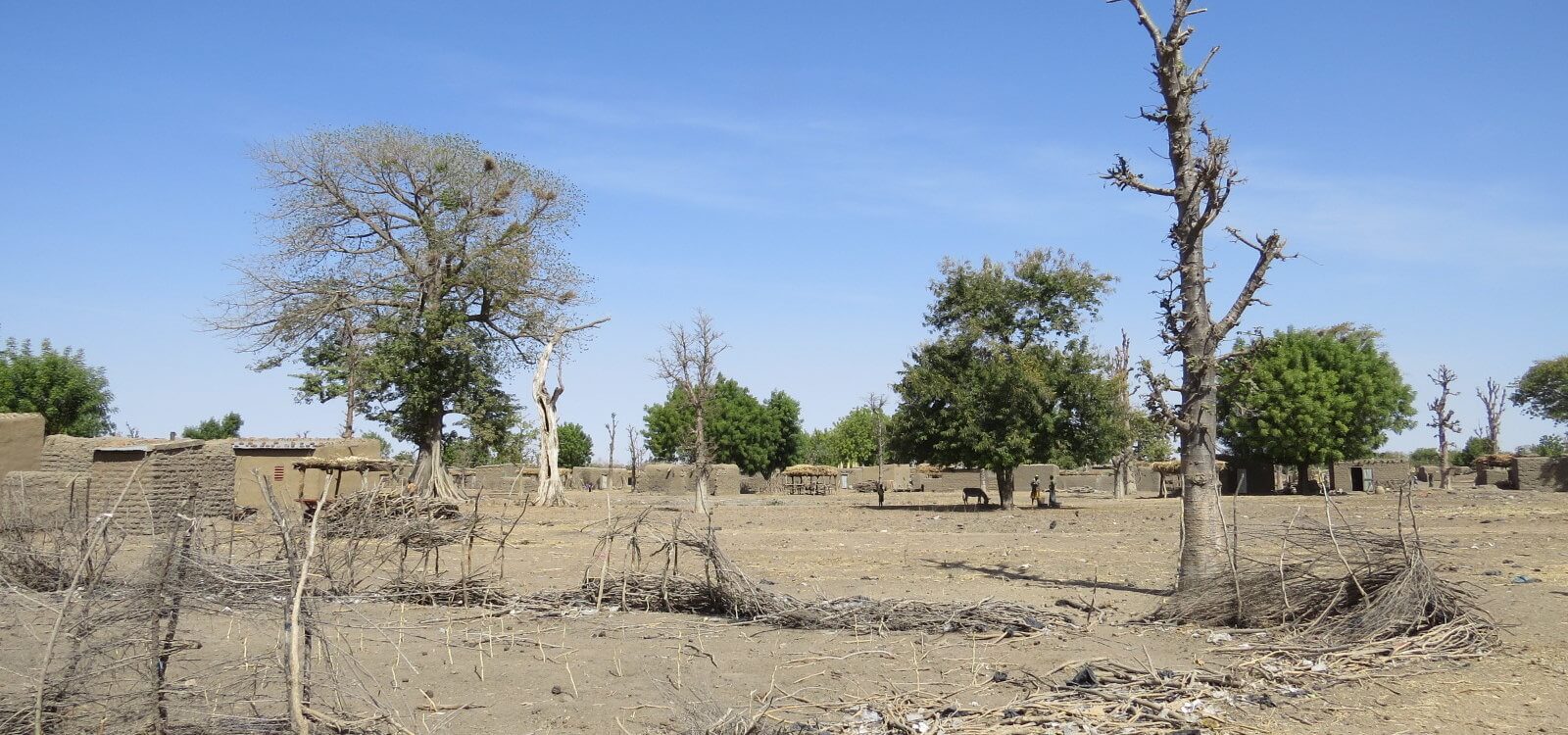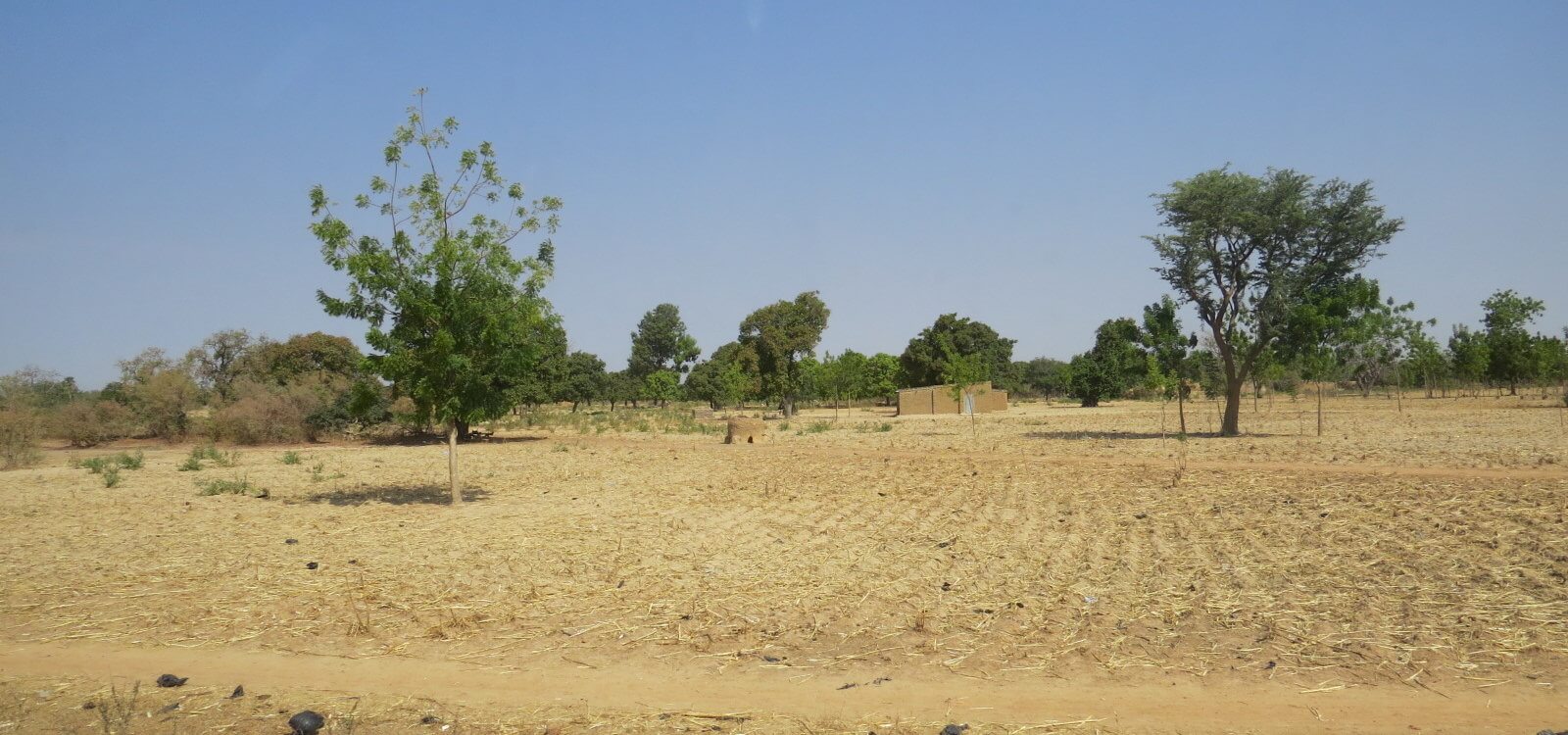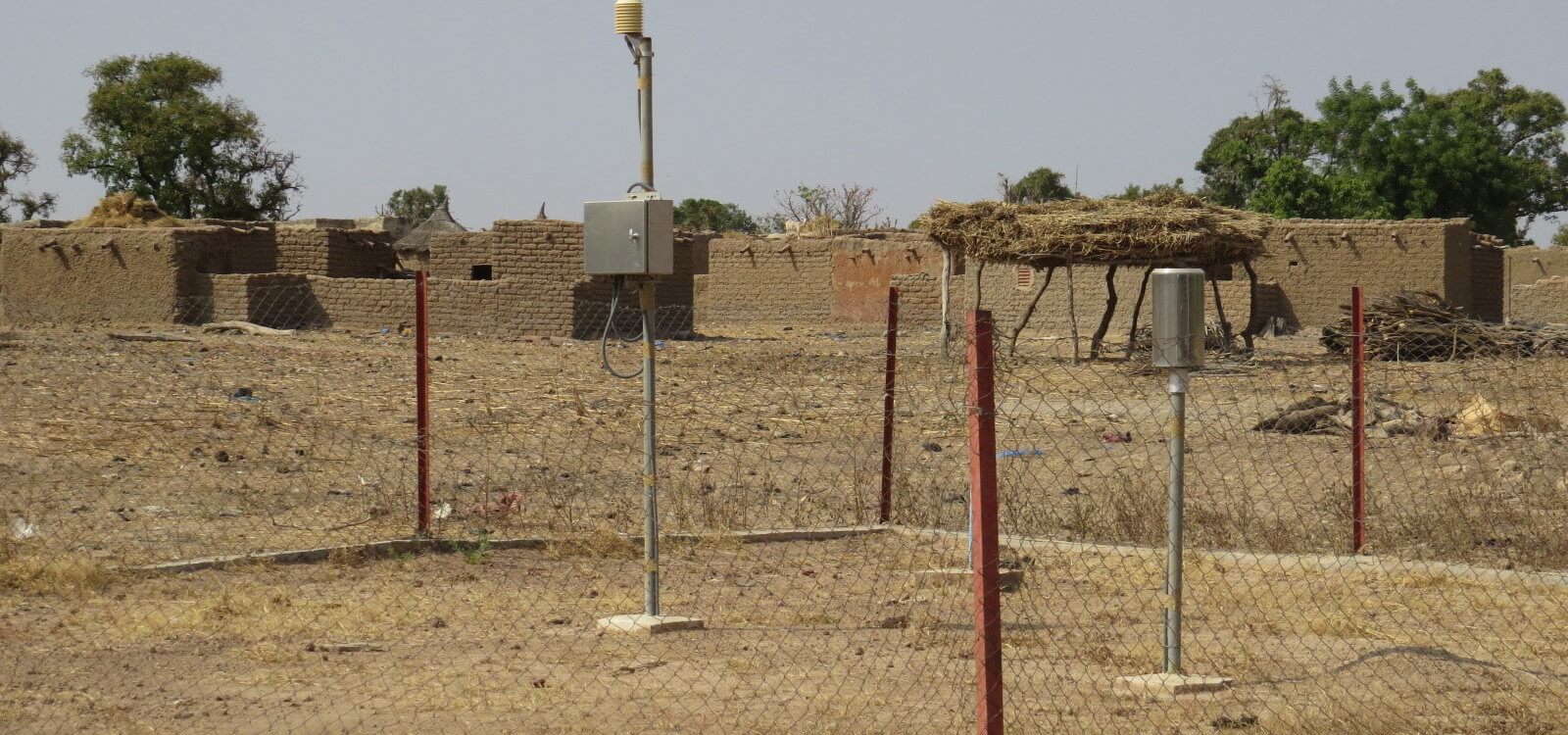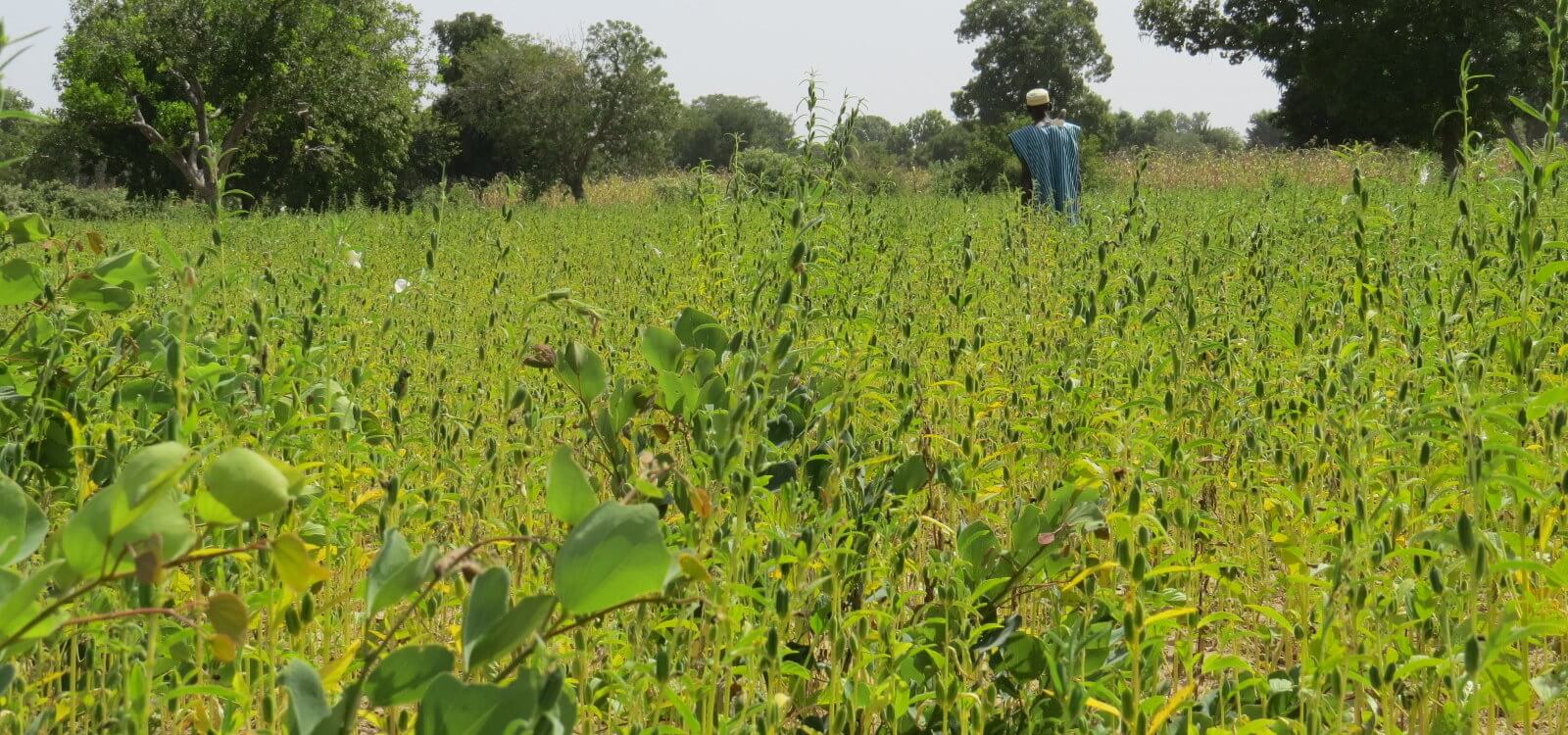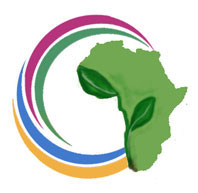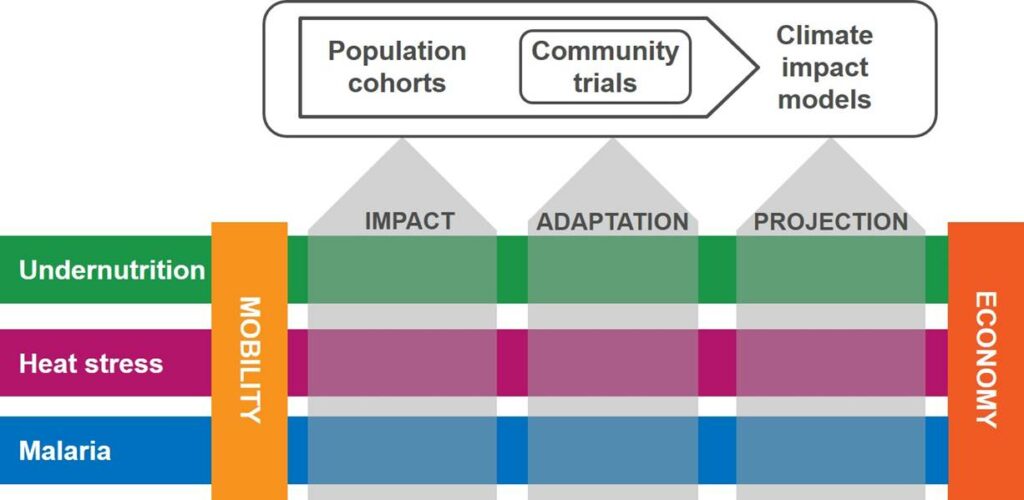This Research Unit (RU) addresses the growing public health concern of accelerated disease burden as a consequence of climate change. So far, there have been very limited concerted efforts by public health scientists, climate change researchers, and social scientists to quantify the climate change impacts on human health, and to design appropriate adaptation strategies. This is particularly true for vulnerable populations in sub-Saharan Africa, despite the facts that rural populations in Africa are strongly affected by climate change and exhibit the lowest adaptive capacity. Indeed, this sub-continent faces an unfinished agenda of combatting undernutrition and infectious diseases with all the negative societal and economic consequences. At the same time, non-communicable conditions have been rapidly emerging in sub-Saharan Africa over the past decades, and their management now competes with the limited resources of the local health systems. To date, the additional impacts of climate change on three of these major health problems in the region, namely childhood undernutrition, malaria and cardio-vascular dysfunction have been insufficiently defined.
Therefore, this RU aims at i) establishing the causal pathways from weather changes through hydrological, agricultural and economic factors to undernutrition, malaria and heat stress among defined rural populations in Burkina Faso and Kenya, ii) projecting future developments along these pathways, iii) quantifying the effectiveness, the socio-economic costs, and the changes in projections of promising climate-specific adaptation strategies, iv) upscaling the historic and projected scenarios from the local to the national level, and finally, v) identifying broader societal impacts related to long-term health consequences of climate change.
This RU will provide essential knowledge for developing effective and efficient climate-specific adaptation strategies for sub-Saharan Africa. In a globalized world, such informed adaptation efforts will contribute to population health, societal wealth and political stability.
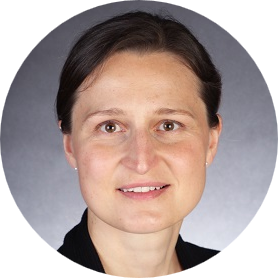
Spokesperson:
Prof. Dr. Ina Danquah
Heidelberg Institute of Global Health
Universitätsklinikum Heidelberg
Heidelberg, Germany
E-mail: ina.danquah@uni-heidelberg.de
Hertz-Chair Innovation for Planetary Health
Center for Development Research (ZEF)
University of Bonn
Bonn, Germany
E-mail: ina.danquah@uni-bonn.de

Initiator:
Prof. Dr. Dr. Rainer Sauerborn
Heidelberg Institute of Global Health
Universitätsklinikum Heidelberg
Heidelberg, Germany
E-mail: rainer.sauerborn@uni-heidelberg.de

Administration:
Elke Braun-van der Hoeven
Heidelberg Institute of Global Health
Universitätsklinikum Heidelberg
Heidelberg, Germany
E-mail: elke.braun@uni-heidelberg.de

Data management & technical support:
Gabriele Stieglbauer
Heidelberg Institute of Global Health
Universitätsklinikum Heidelberg
Heidelberg, Germany
E-mail: gabriele.stieglbauer@uni-heidelberg.de

